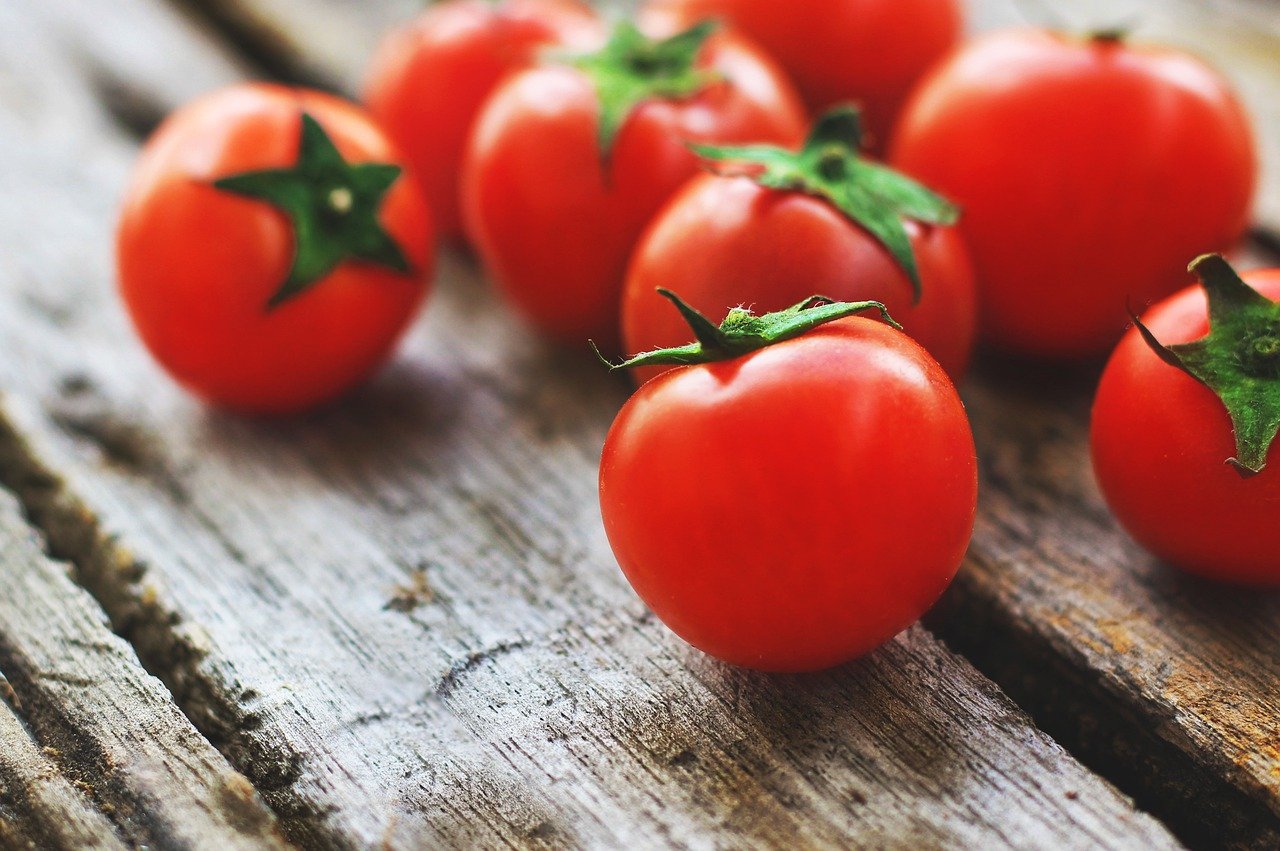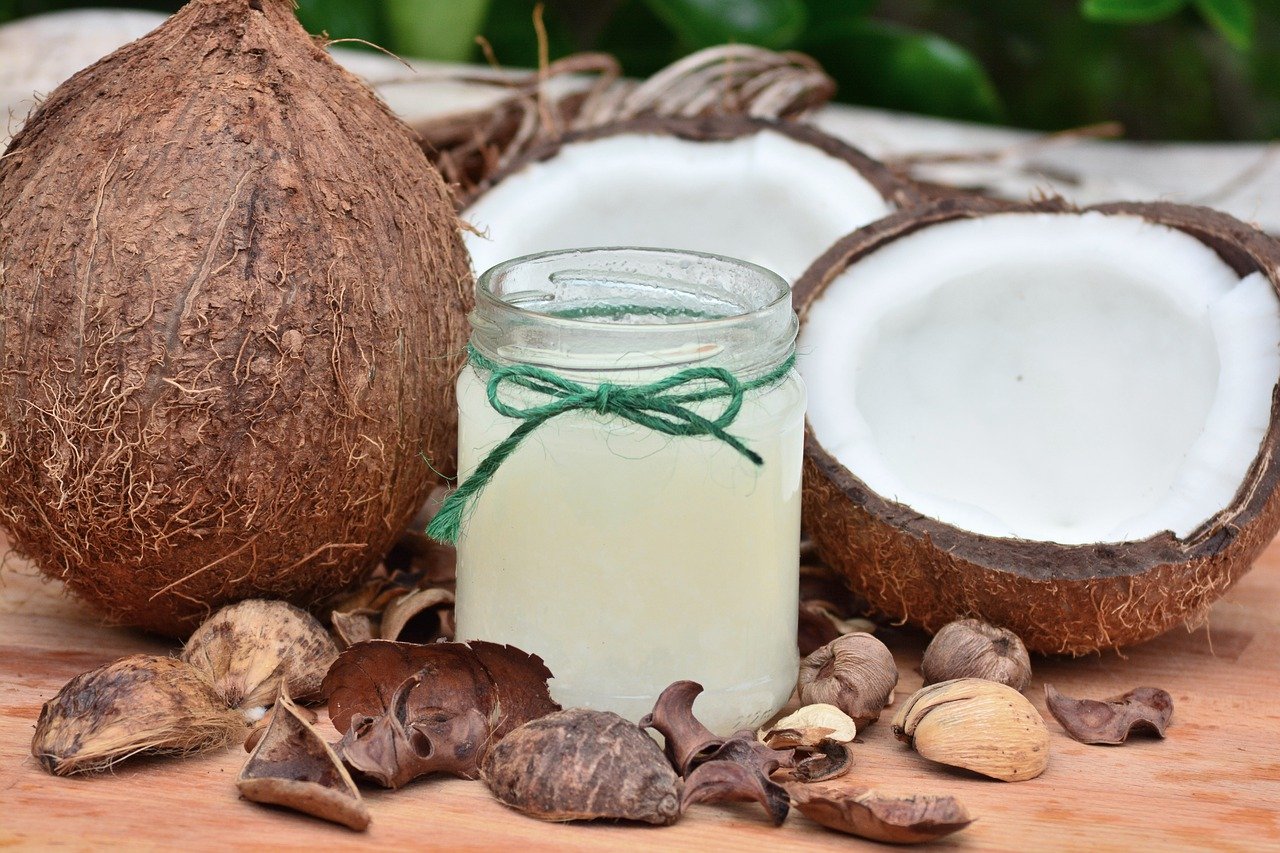You have probably already heard about the importance of protein in our diets.
Proteins keep our muscles strong, our organs working properly, and provide enough energy to get us through the tasks we have to accomplish daily.
You may have also heard that proteins come from both animals and plant sources. There remains a huge debate going on about which type is actually better for our health, with a main point of contention on whether plant-based diets can actually provide sustainable levels of proteins for our bodies.
Across multiple studies, both animal and plant proteins have shown to be equally beneficial to our health. But due to their inherent differences, animal and plant proteins have their own unique characteristics that one must take into consideration.
Here’s what you need to know about the differences between plant and animal proteins – and is one actually better than the other?[1,2,3]
Complete vs. Incomplete Proteins
One of their key differences is that most animal proteins are considered complete proteins, while the majority of plant proteins are incomplete proteins. However, this doesn’t mean that plant proteins are inferior as they have their own set of benefits as we will explain later on.
But what does it mean to be a complete protein anyway?
On the molecular level, dietary proteins are actually made up of tiny organic compounds called amino acids. There are 20 known kinds of amino acids, and each protein contains a certain combination of these amino acids. Out of these 20 amino acids, 9 are considered essential, while the other 11 are considered nonessential because our body is able to produce them.
When a protein contains all nine essential amino acids, then it is considered a complete protein.
All animal proteins are complete proteins – this includes the meat (beef, pork, poultry, etc.) and animal-derived products such as dairy and eggs. Additionally, animal proteins are much more similar to our own, making them easier to synthesize within our bodies.
On the other hand, almost all plant proteins, except for those found in soy and quinoa, are considered incomplete proteins. Unlike animal proteins, they tend to lack one or two essential amino acids.
The lack of a mere one or two amino acids does not mean that plant proteins are inferior. However, this also means that if you plan to follow a plant-based diet, you should be precise in eating a diverse set of foods in order to acquire all essential amino acids in your diet. (Oftentimes, this is achieved with the help of dietary supplements.)
Getting all these nine essential amino acids is especially crucial as they are instrumental to nearly every system in our bodies, such as:
- Creating, maintaining, and repairing muscles, tissues, skin, hair, and nails
- Maintaining normal digestion
- Providing energy to our bodies
- Regulating and producing hormones
- The production of neurotransmitters
Another difference that you may want to consider is that plant proteins can take longer for our bodies to process than animal proteins, giving them a slight disadvantage if you’re planning to use them to bulk up (with the exception of whey protein). Animal proteins are also higher in the amino acid leucine, which is believed to be crucial to muscle protein synthesis.[4] In addition, plant proteins tend to come with more carbohydrates, and thus may not be ideal for those who are following a low-carb diet.
The Differences In Nutritional Composition
Another factor that you may want to consider is the micro and macronutrients that you can acquire from each type of protein. Because plant-based food and animal derived products are innately different, each type offers a completely different set of nutrients. This is especially crucial if you’re following a highly specialized diet in which you’re required to follow specific micronutrient goals.
Plant Proteins Are More Nutrient-Dense
Although certain plant proteins lack an amino acid or two, you can definitely count on them as a dependable source of antioxidants, vitamins, minerals, fibers, and carbohydrates that aren’t present in all animal products. Here are some characteristics that are common in plant proteins that aren’t present in animal products.
- Dietary fibers: Fibers are essential to your digestive system and gut health. Dietary fibers form the bulk of your stool, making it easier for your body to absorb and excrete food. Dietary fibers also provide energy for the good bacteria in your body, as well as reduce the bad (LDL) cholesterol levels of your bloodstream.
- Phytochemicals: Plant-based food are exceptionally high in phytochemicals, which refers to the bioactive compounds that include flavonoids, carotenoids, and polyphenols. These compounds are notable for their antioxidant and anti-inflammatory activity, which is linked to a lower risk of developing chronic diseases such as cancer, diabetes, and cardiovascular diseases.
- Heart-healthy fats: With the exception of omega-3 fatty acids, animal proteins tend to be high in saturated fats that can increase heart disease risk factors. On the other hand, plant-based food contain more monounsaturated fats and polyunsaturated fats, which are both known to reduce bad cholesterol levels.

Because plant-based food is jam packed with a wide variety of nutrients, plant-based diets are known for its health benefits. Diets high in plant proteins tend to result in the following:
- Lower risk of heart disease.[5]
- Reduced risk of type 2 diabetes.[6]
- Reduced risk of obesity.[7]
Animal Proteins Have What Plant Proteins Don’t
Although plant nutrients have a wider range of nutrients and have lower levels of saturated fat, this doesn’t necessarily mean that animal proteins are entirely unhealthy.
In fact, animal proteins contain nutrients that are crucial for our some of the most important bodily functions – and these nutrients can only be derived from animal products. The lack of these nutrients are some of the reasons why people who carelessly follow a plant-based diet tend to face serious health issues.
- Vitamin B12: One of the most common deficiencies that arise from a plant-based diet is vitamin B12, which can only be found in meat and dairy sources. Vitamin B12 is crucial in DNA synthesis, the formation of blood cells, and the regulation of nerve cell function. Vitamin B12 deficiencies often lead to severe anemia, neurological problems, paralysis, and in extreme cases, death.[8]
- Vitamin D: Next to sunlight exposure, animal products are the next best source of vitamin D. Vitamin D is crucial for keeping our bones, teeth, and muscles healthy and strong. It can only be found in oily fish, eggs, and dairy. Although some plant-based food contains vitamin D, the type found in animal proteins are absorbed better by the body.
- DHA: Docosahexaenoic acid (DHA) is an essential omega-3 fatty acid that is crucial for the formation and maintenance of our brain. Although some plant-based food contains omega-3, almost none contains DHA.
- Heme-iron: Heme iron is a type of iron that can only be sourced from animal foods. It is considered the best form of iron, as 40% of heme iron is readily absorbed by the body.[9]
- Zinc: Zinc is an essential mineral that can be mostly found in animal proteins. It plays an important role in immune function, DNA and protein synthesis, development, and wound healing.[10]
Conclusion
Although they’re inherently different, plant and animal proteins both offer their own health benefits – although plant proteins are generally considered healthier, this doesn’t mean that it is better than animal proteins. This is because animal proteins also exclusively contains nutrients that we literally cannot live without (such as vitamin B12).
At the end of the day, the choice of whether to eat more animal or plant proteins depend on your diet goals.
If you’re looking forward to build muscle, animal proteins are the prime choice as they are generally used more efficiently absorbed by the body. However, this doesn’t mean that you can’t depend on plant proteins either.
If you plan on focusing on a plant-based diet for ethical, health, or other personal reasons, always make sure to get enough of the micronutrients your body needs by including a diverse combination of food into your diet. The supplementation of essential nutrients will also help you avoid any deficiencies.
Or better yet, one should ideally follow a balanced diet that involves both plant-based proteins and animal proteins, coupled with an active lifestyle. By including a wide variety of food sources, you’re sure to receive enough, or even more of the nutrients your body needs to develop and maintain peak condition.
References
[1] Campbell, T. C. (2013, October 29) Animal vs. Plant Protein. Retrieved on December 24, 2020 from https://nutritionstudies.org/animal-vs-plant-protein/
[2] Todd, C. (2019, August 28) Does It Make a Difference if You Get Your Protein from Plants or Animals? Retrieved on December 24, 2020 from https://www.self.com/story/plant-vs-animal-protein
[3] Johnson, J. (2018, August 21) What is the difference between animal and plant proteins? Retrieved on December 24, 2020 from https://www.medicalnewstoday.com/articles/322827
[4] Breen, L., & Churchward-Venne, T. A. (2012). Leucine: a nutrient ‘trigger’ for muscle anabolism, but what more?. The Journal of physiology, 590(9), 2065–2066. https://doi.org/10.1113/jphysiol.2012.230631
[5] Appel, L. J., Sacks, F. M., Carey, V. J., Obarzanek, E., Swain, J. F., Miller, E. R., 3rd, Conlin, P. R., Erlinger, T. P., Rosner, B. A., Laranjo, N. M., Charleston, J., McCarron, P., Bishop, L. M., & OmniHeart Collaborative Research Group (2005). Effects of protein, monounsaturated fat, and carbohydrate intake on blood pressure and serum lipids: results of the OmniHeart randomized trial. JAMA, 294(19), 2455–2464. https://doi.org/10.1001/jama.294.19.2455
[6] Hosseinpour-Niazi, S., Mirmiran, P., Hedayati, M., & Azizi, F. (2015). Substitution of red meat with legumes in the therapeutic lifestyle change diet based on dietary advice improves cardiometabolic risk factors in overweight type 2 diabetes patients: a cross-over randomized clinical trial. European journal of clinical nutrition, 69(5), 592–597. https://doi.org/10.1038/ejcn.2014.228
[7] Mozaffarian, D., Hao, T., Rimm, E. B., Willett, W. C., & Hu, F. B. (2011). Changes in diet and lifestyle and long-term weight gain in women and men. The New England journal of medicine, 364(25), 2392–2404. https://doi.org/10.1056/NEJMoa1014296
[8] Berkheiser, K. (2018, June 14) 9 Health Benefits of Vitamin B12, Based on Science. Retrieved on December 26, 2020 from https://www.healthline.com/nutrition/vitamin-b12-benefits
[9] Hurrell, R., & Egli, I. (2010). Iron bioavailability and dietary reference values. The American journal of clinical nutrition, 91(5), 1461S–1467S. https://doi.org/10.3945/ajcn.2010.28674F[10] Kubala, J. (2018, November 14) Zinc: Everything You Need to Know. Retrieved on December 26, 2020 from https://www.healthline.com/nutrition/zinc








